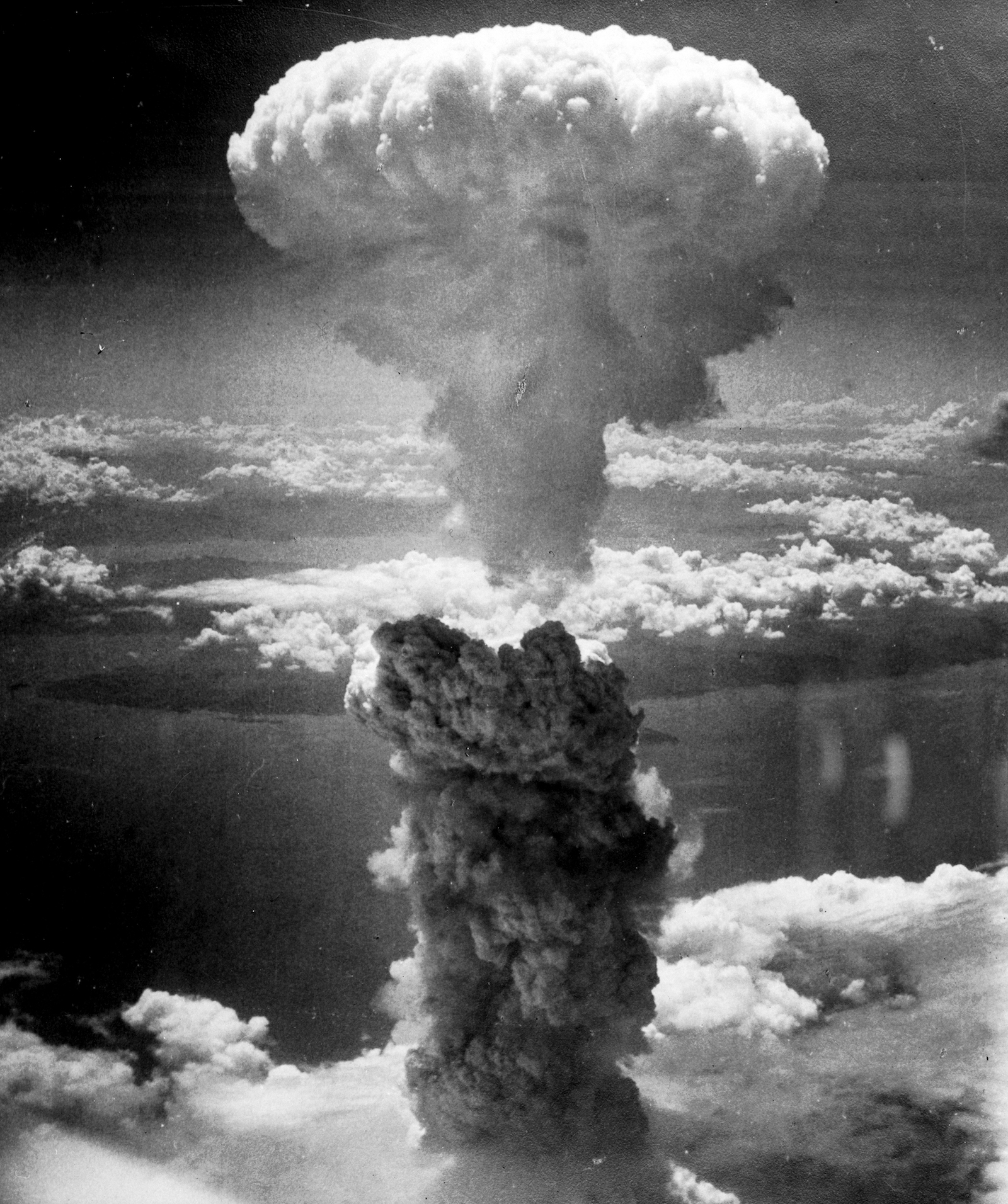
Aug. 6 marked the 72nd anniversary of the world’s first encounter with “fire and fury” — the atomic bombing of Hiroshima. Paul Tibbets, Enola Gay pilot, felt his teeth tingle in his skull and his mouth filled with the taste of lead fillings; his indication that the city below him had erupted into flames. Three days later, Nagasaki was bombed.
While the merit of those bombings has been staunchly debated, we can no longer claim the ignorance of the impacts of nuclear warfare we once did. We now know that nuclear bombs have the capacity to vaporize people, etching shadows permanently onto sidewalks, to cause skin to slough off, and to cause birth defects in descendants of survivors decades later. We have watched Japan’s communities struggle to rebuild over the course of years, and we have both inflicted and felt the global terror of the nuclear age.
Now, as tensions heighten with North Korea, I wonder: have we simply forgotten our own capacity to inflict pain or are we too committed to our own egos to be considerate of pain?
What once masqueraded as a race to the top has always been a race to the bottom. For years, we have trumpeted and bolstered our military capacity, failing to acknowledge the pain we have the potential to inflict with it.
What seems to be a deep-seated hatred between the United States and North Korea appears, upon closer examination, to be narcissism and normalized dehumanization playing out on an international scale.
Essentially, it is our own greed which drives us, as a people, rather than hatred; and, to pursue personal gain, we willingly overlook the humanity of those who challenge us. As we colonized, weaponized and developed the world, we wallowed in our own egos, and allowed our narcissism to run rampant at the expense of others.
We have forgotten to realize it is a human who brings us our food in a restaurant, whose voice echoes through the drive-through at the bank, and whose threats come from Pyongyang and Washington. And beyond recognition, we have forgotten to listen and to love.
It is not often that the words “love” and “North Korea” appear in a sentence together in the United States. While we mustn’t love North Korea’s policies, we must love our fellow human beings in North Korea, and prioritize their well-being above our own egos. Although both Americans and North Koreans have been conditioned to accept dehumanization of one another, we must acknowledge our shared humanity — and we must be horrified by our own abilities to obscure it.
In the days and years that followed Aug. 6 and 9, 1945, the world sat horrified by the fire, fury and fear unleashed by the atomic bombings of Hiroshima and Nagasaki. We gawked at pictures of people, who looked just like ourselves, whose skin was sloughing off. There is a photograph from Aug. of a mother nursing a baby whose scalp is mangled. The only difference between the people in the photos, and the people gawking at them, we realized, was that they had been labeled “Japanese” at the wrong place and time, and we, “Americans.”
We have witnessed the fallout of nuclear warfare, and are no longer ignorant as to its impacts. The question remains: Do we care enough to avoid a repeat? I don’t know.
So, it is with the utmost fear that I write this piece. I tremble as I beg the legislature, the populace, and the global community to rest aside egos, political divides, and the many other means through which we obscure our common humanity. This is not a partisan issue; it is a humanitarian crisis. We’re all just people. There has to be a better way to live than in fear, fury, or fire.

